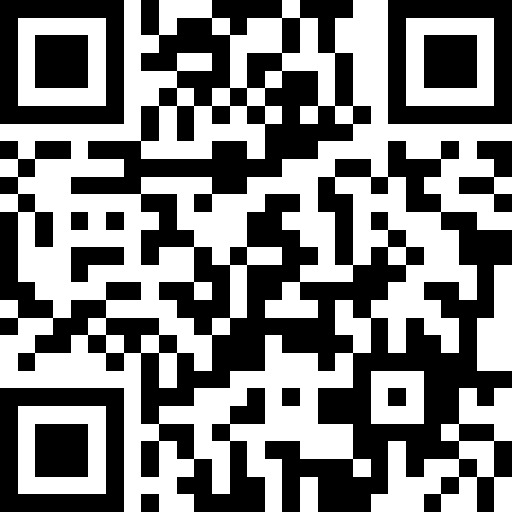LiDAR (Light Detection and Ranging) has evolved from a specialized scientific tool into a cornerstone technology powering some of today’s most exciting innovations. By emitting laser pulses and measuring their reflection time, LiDAR captures incredibly detailed 3D representations of real-world environments.
As it becomes more compact, affordable, and intelligent, LiDAR is now central to everything from urban planning to digital mapping. Here are the top five real-world use cases for LiDAR in 2025 — ending with one that’s unlocking major business value right now.
5. Archaeology and Cultural Heritage
LiDAR has transformed how we uncover and preserve the past. Archaeologists now use airborne LiDAR to peer beneath dense forests and terrain, revealing long-lost structures and civilizations that were previously invisible to the naked eye.
Why it matters:
- Non-invasive exploration of difficult terrain
- High-resolution 3D models of ruins and landscapes
- Faster, safer discoveries with minimal environmental disruption
Recent breakthroughs include Mayan cities discovered in Guatemala and ancient roads mapped beneath the Amazon canopy.
4. Environmental Monitoring and Disaster Response
From wildfire recovery to coastal erosion tracking, LiDAR provides a critical layer of environmental intelligence. It offers precision elevation models, helping researchers and governments make informed decisions in real time.
Use cases include:
- Modeling flood zones and watersheds
- Tracking deforestation and biomass
- Assessing infrastructure risk after earthquakes or hurricanes
Its ability to scan wide areas — including beneath tree canopies — makes LiDAR ideal for both preventative analysis and post-disaster response.
3. Autonomous Vehicles and Advanced Navigation
LiDAR sensors are the eyes of self-driving vehicles. They create real-time, 360-degree maps of surroundings, enabling safe navigation even in poor lighting or complex environments.
Why it’s essential:
- Detects objects and distances with centimeter accuracy
- Performs in low light, fog, and rain
- Reduces collisions with advanced situational awareness
It’s a foundational technology for both full autonomy and assisted driving systems.
2. Smart Cities and Urban Planning
Modern cities are being built and rebuilt on the backbone of spatial data. LiDAR helps planners and engineers model infrastructure with pinpoint accuracy, reducing guesswork and improving long-term outcomes.
How it’s used:
- 3D city modeling for zoning and development
- Traffic and pedestrian flow optimization
- Monitoring progress on construction sites
From digital twins to underground utility mapping, LiDAR ensures smarter, safer growth.
1. Indoor Mapping and Navigation
While GPS revolutionized outdoor navigation, it fails the moment you walk indoors. That’s where LiDAR steps in — and where MapVX leads.
At MapVX, we use LiDAR-powered tools to create high-precision indoor maps for malls, airports, hospitals, campuses, and more. Our system turns large, complex buildings into digital environments that are easy to navigate, analyze, and monetize.
MapVX helps clients:
- Deliver real-time indoor navigation with turn-by-turn directions
- Build intuitive, searchable directories for stores, events, and amenities
- Promote deals with geofenced notifications and in-map ads
- Access rich analytics on foot traffic, search behavior, and engagement
- Offer accessible routes for visitors with mobility or visual impairments
Whether you’re running a transportation hub or a shopping center, accurate indoor navigation isn’t just helpful — it’s expected.
The Spatial Revolution Is Here
From ancient cities to modern airports, LiDAR is reshaping how we see, build, and interact with the world. Its role in indoor mapping — especially through platforms like MapVX — is unlocking a new layer of customer experience, operational efficiency, and measurable ROI.
Looking to make your space smarter?
Talk to our team and see what MapVX can do.



